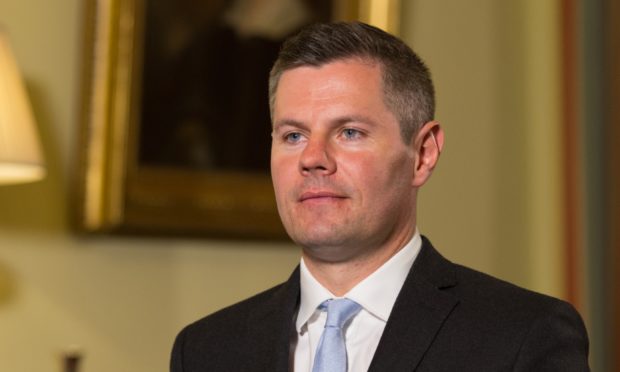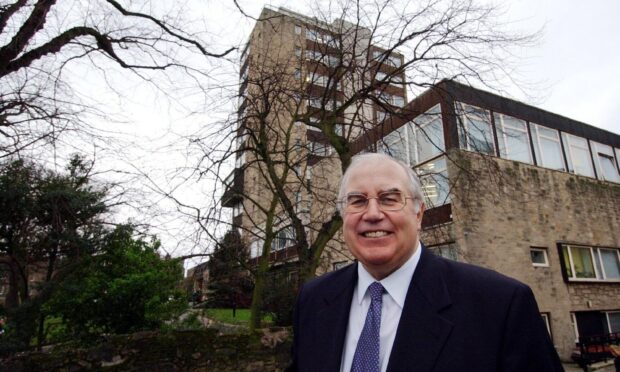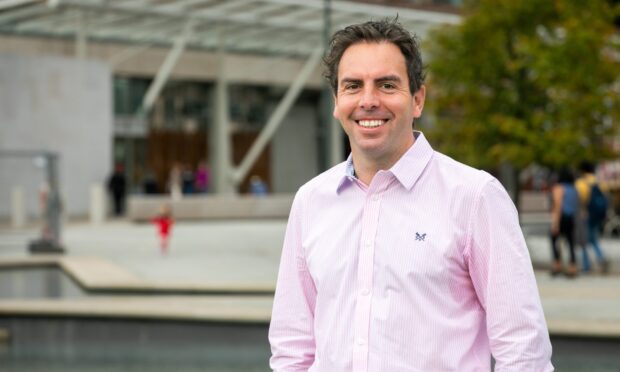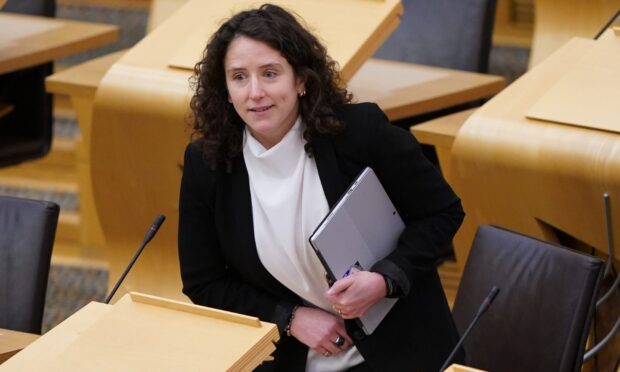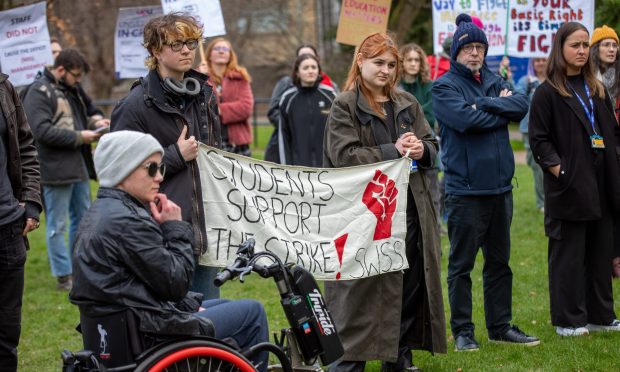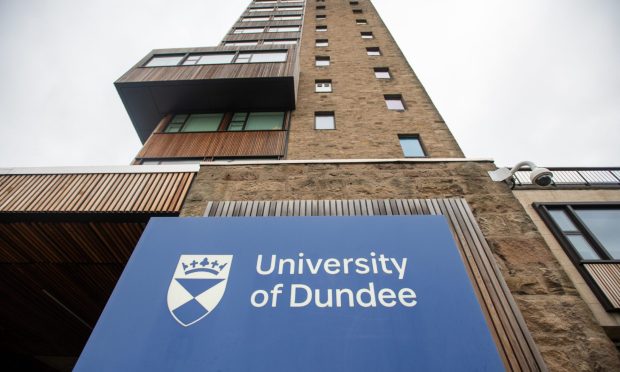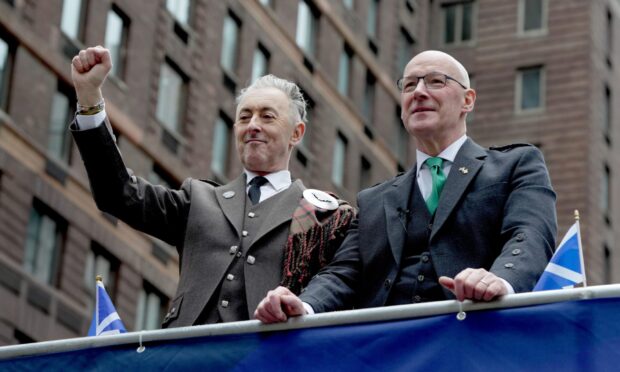Derek Mackay was accused of forcing through council tax hikes and passing them off as a Scottish Government funding boost.
The Finance Secretary faced questions from MSPs after publishing his draft budget last week, which sparked a major row over the funding deal for local authorities.
Mr Mackay says the reduction in core grant for local authorities is more than compensated by other sources of cash they will receive from the SNP administration, including giving town halls the freedom to raise council tax by up to 3%.
Speaking at Holyrood’s local government committee, Elaine Smith, the Labour MSP, said Mr Mackay’s government had failed to use its own powers to raise income tax in favour of passing the buck to councils.
“It’s clearly not a central government tax increase, which you have chosen not to do, but a tax increase at local level,” she said.
“So you’re calling it a funding increase but actually it would be a local tax increase.”
Mr Mackay replied: “Even if you discount the £70m that could be raised from the 3%, it is still the position that the total package to local government services is increased.”
Mr Mackay was also asked if councils would be punished if they breached the 3% tax rise limit.
“I’m not proposing sanctions or impositions or anything else other than a partnership approach with local government,” he said.
“However, if they don’t accept the deal then clearly I will have to revisit the position.”
The budget for local services has been cut by £327m (3.2%) on last year, according to independent experts at the Scottish Parliament Information Service.
But that is before “other sources of support” are included.
Mr Mackay said when the total funding package for councils is included local government’s “spending power” has been boosted by £241m.
That package includes the opportunity to raise additional council tax revenue the health and social integration policy, which allows councils to benefit from NHS cash as part of a drive to improve co-ordination between health boards and local authorities.
Councils will also see their education spending supplemented by headteachers being handed £120m directly from central coffers to close the attainment gap.
